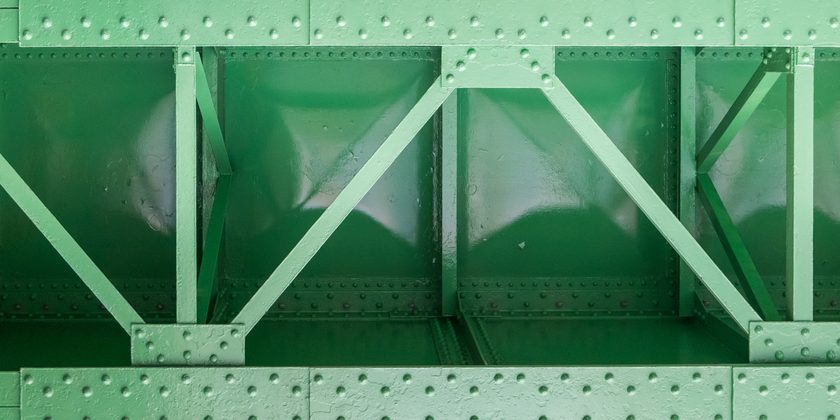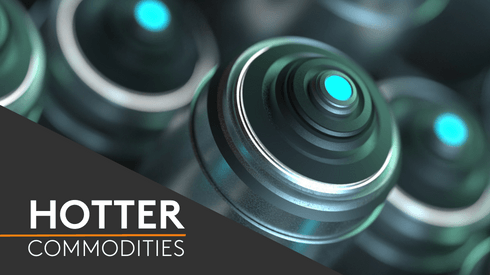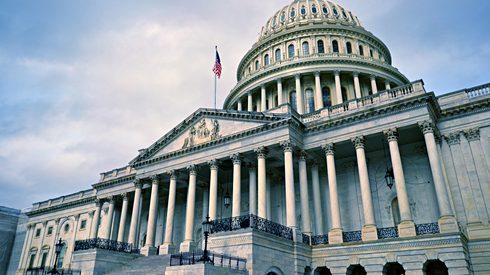Debts, losses and falling behind in carbon emission reduction are the biggest risks for steelmakers, Han Weidong, senior advisor of Tianjin Youfa Steel Pipe Group, said at the summit held in the eastern city of Nanjing on November 1-3.
While many Chinese steel mills have jumped on the bandwagon in response to Beijing’s decarbonization drive, some companies still refrain given the high costs for upgrading and operation, according to Han.
Beijing’s green push
Han’s words were in line with top authorities’ latest guidelines for the “higher-quality” development of China’s steel industry.
On Friday November 1, the Ministry of Industry and Information Technology (MIIT) unveiled a draft of revised norms for the steel industry, which pushes for the transformation to be high-end, intelligent and green.
For the green transformation, the draft encourages the promotion of green and low-carbon development, the application and transformation of advanced green and low-carbon technologies, and construction of industrial green microgrids.
Chinese steelmakers are urged to achieve As in environmental protection and energy efficiency, build green factories and develop green products.
Mills are also encouraged to turn to low-carbon emission ironmaking and electric-arc furnace (EAF) steelmaking and phase out conventional equipment such as sintering machines, coke ovens and blast furnaces.
Additionally, the management of the carbon footprint of steel products such as environmental product declaration (EPD), life cycle assessment (LCA) and environmental, social and corporate governance (ESG), is also encouraged.
China is leading the world in the green development of the steel industry thanks to the great efforts over the past years, Tang Zujun, vice president of China Iron and Steel Association (CISA), said at the summit.
CISA data shows that over 620 million tonnes of crude steel capacities of more than 140 companies in China had completed ultra-low-emission upgrading by August.
Major companies such as Baosteel have had the basic capability of green steel industrialization and started the supply of green steel, adding to the competitiveness of these companies, according to Tang.
Following these developments in the green transformation of the steel industry, Fastmarkets has also introduced a slew of green steel prices.
Fastmarkets’ fortnightly price assessment of flat steel reduced carbon emissions differential, exw China, which calculates the premium for flat-rolled reduced carbon emissions steel over products produced from the traditional blast furnace (BF)-based route, was at 0-800 yuan ($0-112) per tonne on Friday November 8.
Joining the carbon trading market
Aside from the guidelines, the Chinese government is also pushing for the inclusion of the steel sector into the carbon trading market to accelerate the green development of the industry.
The Ministry of Ecology and Environment said on Wednesday November 6 that under the carbon emissions trading regulations, it will actively push for the engagement of steel, cement and aluminium into the national carbon trading market.
The inclusion into carbon trading market is likely to help constrain China’s steel output which is in oversupply and weighing on the market, a second CISA delegate said at the summit on November 1.
Mills are likely to control their production to get free carbon emission quotas, while carbon taxes will increase production costs, the second CISA delegate added.
EAF-based mills will likely have their advantages in the allocation of carbon quotas because they are cleaner than BFs and will have more weight in getting carbon quotas, according to the CISA delegate.
Interested in more green steel market coverage and prices? Visit our green steel hub.







